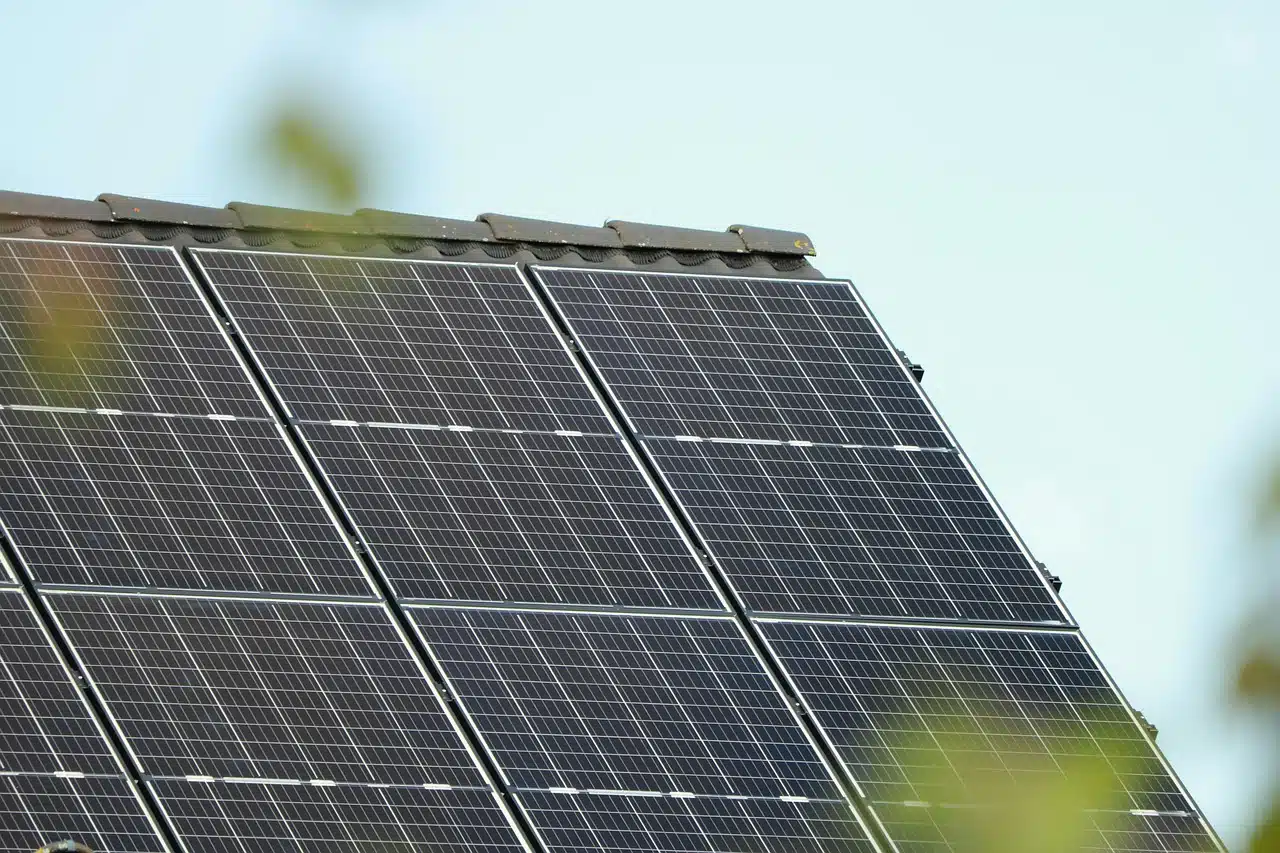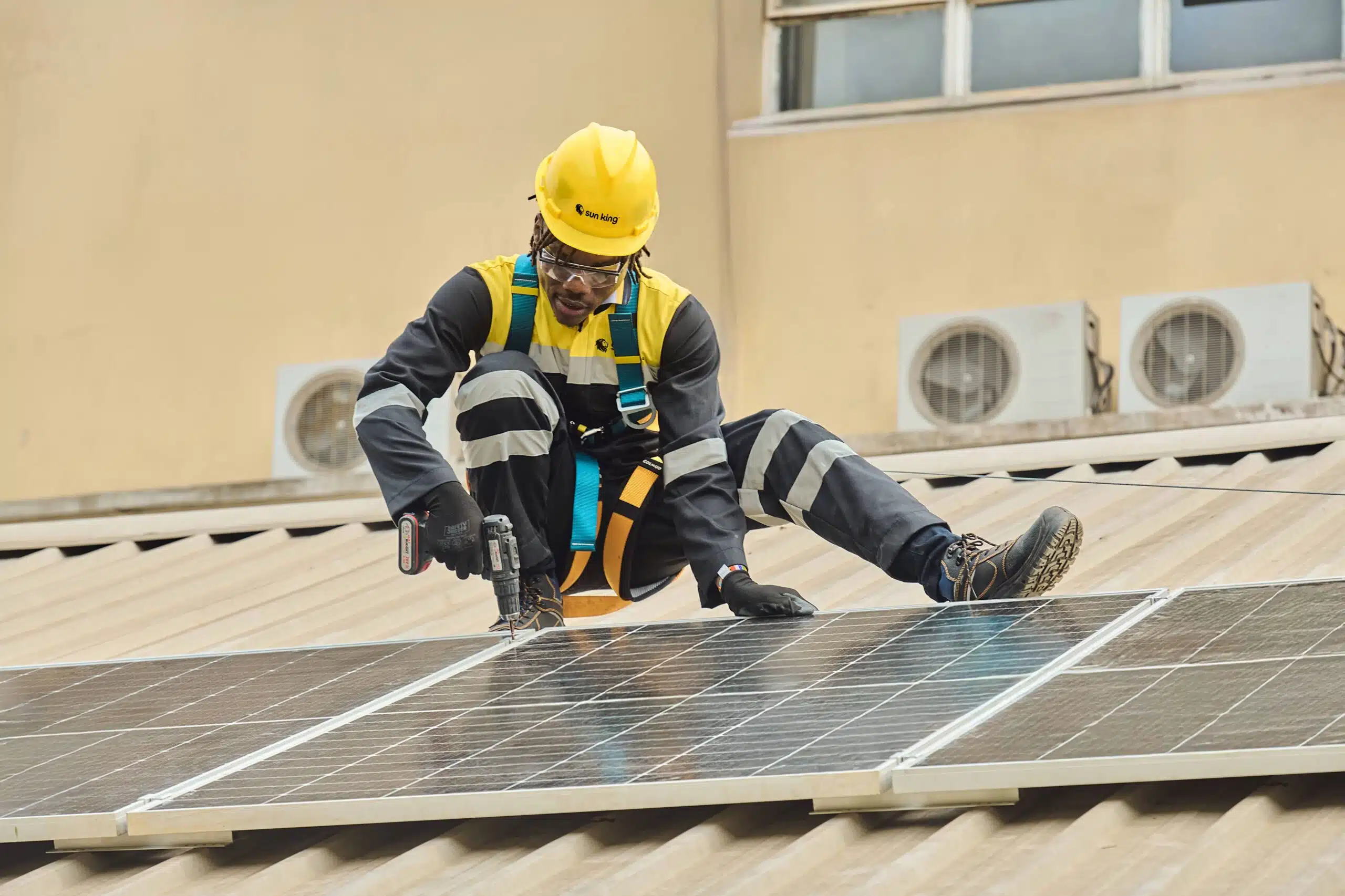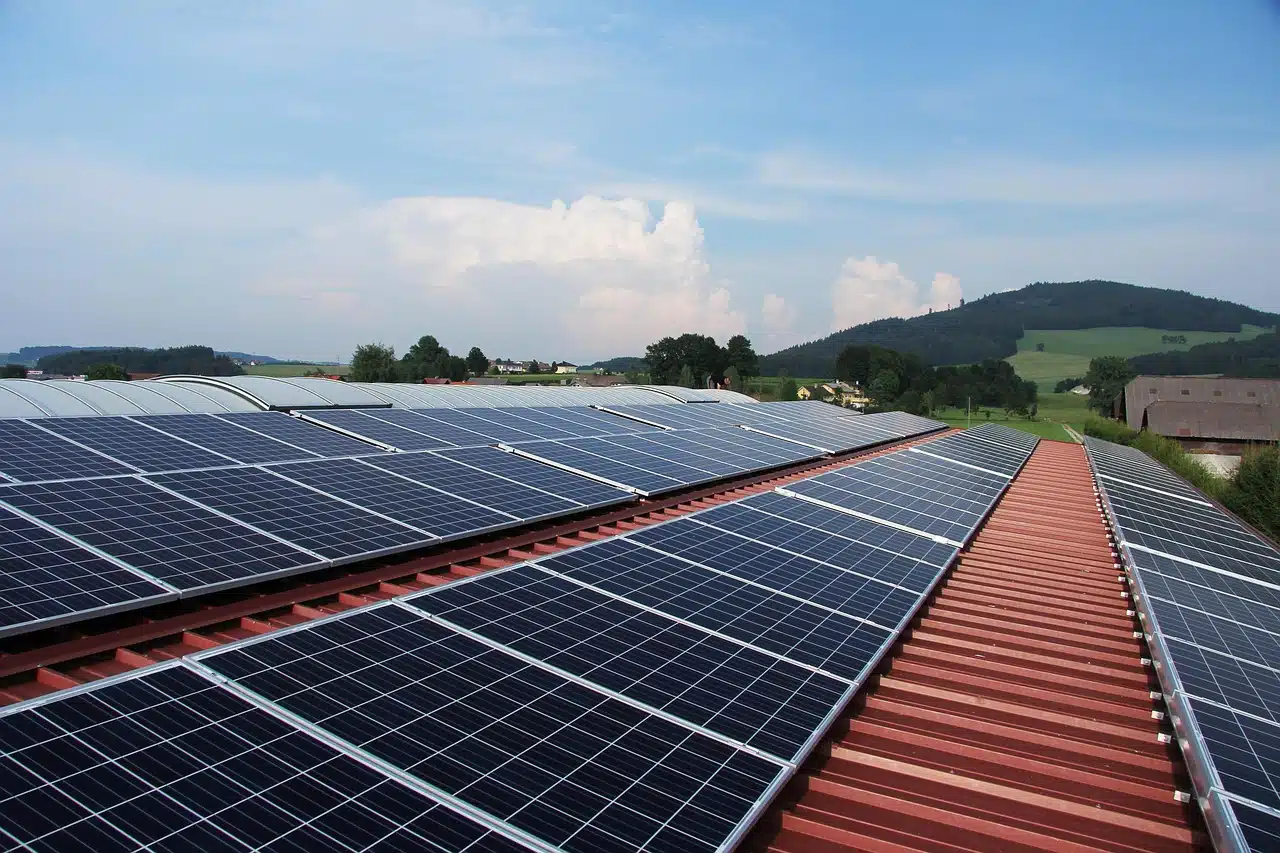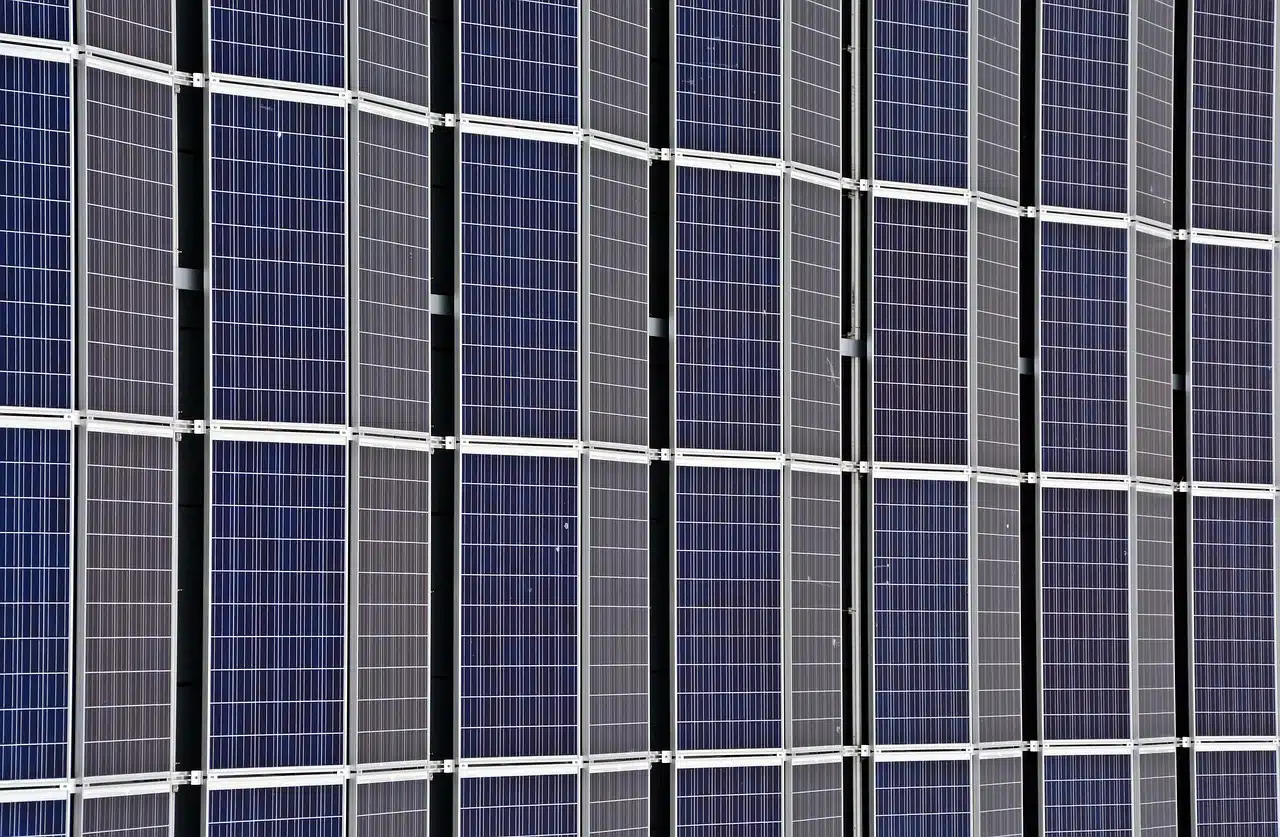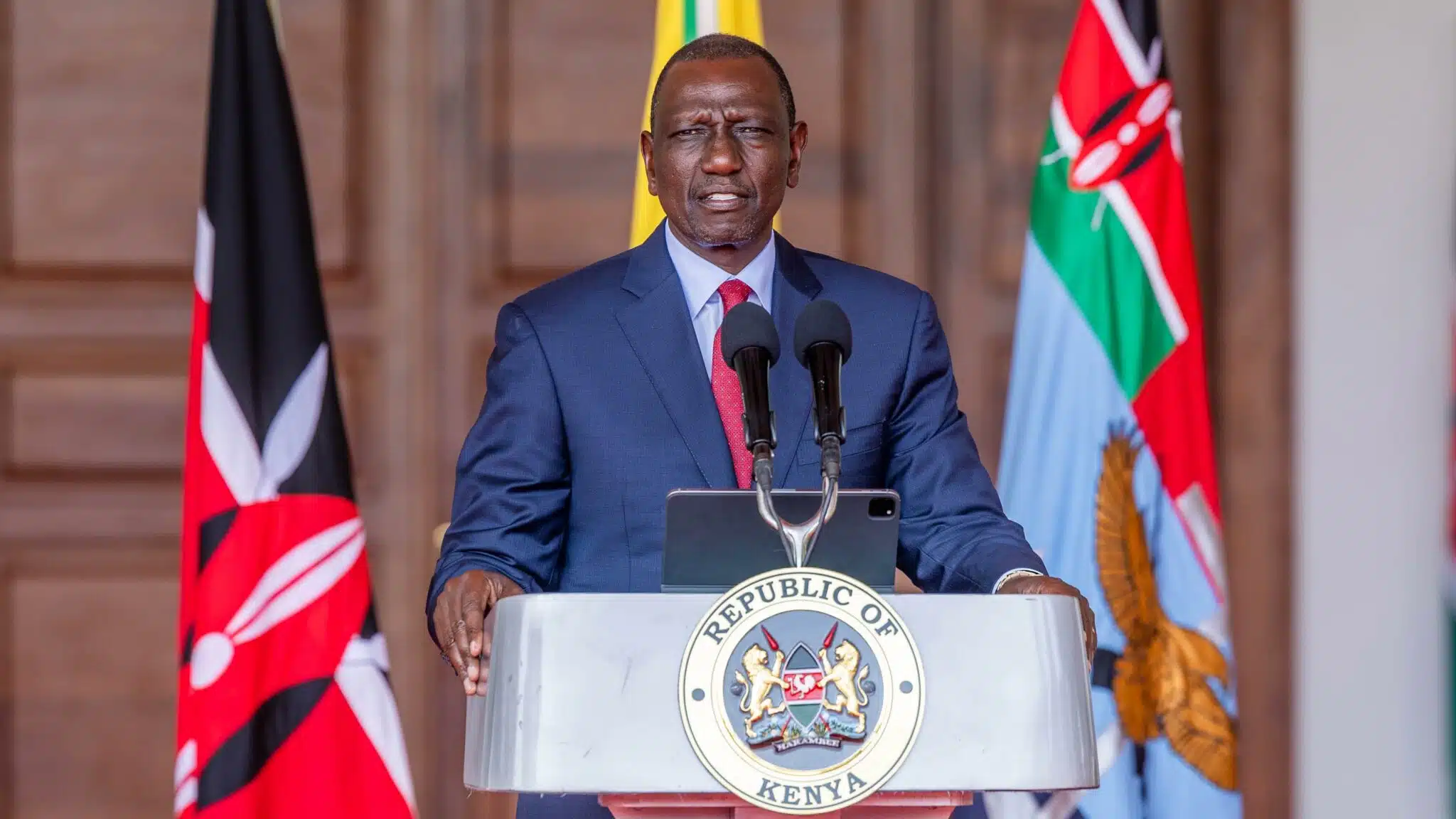Egypt’s renewable energy firm, KarmSolar, has made its first international move by entering the Cypriot energy market through the launch of KarmCyprus.
The company has received approval to build and operate a 7.6-megawatt solar photovoltaic plant in Monagroulli, southern Cyprus.
The project, backed by a €5 million ($5.4 million) financing deal from EuroBank (formerly Hellenic Bank), is expected to begin operations in September 2026.
The expansion marks a key step in KarmSolar’s regional growth strategy. It also brings its integrated model covering generation, distribution, storage, and e-mobility to the regional market for the first time.
According to the company, the project underlines Karm’s financial credibility and technical strength within Cyprus’s growing renewable energy landscape.
It follows three years of market exploration, aimed at aligning with the ongoing energy transition and EU-led market liberalization.
Cyprus is currently working to reduce fossil fuel dependence and achieve a 42.5% renewable energy target by 2030, as mandated by the European Union.
Karm’s move also aligns with deepening energy cooperation between Egypt and Cyprus, including planned electricity interconnectors and gas partnerships.
Energy challenges in Cyprus
Cyprus is struggling with increasing limits on renewable energy — a growing concern for its electricity sector.
Between January and May 2025, the country curtailed about 145,000 MWh of renewable energy, representing 58% of its potential clean power output, according to CyprusGrid, an energy analytics platform.
Renewable power restriction levels have surged over the past three years — from 3.3% in 2022 to 29% in 2024, and now a record high in 2025.
A large portion of this curtailed energy comes from residential and small commercial solar systems, which saw a 1,200% year-on-year increase in curtailed output.
Experts attribute the issue to limited energy storage capacity and poor grid flexibility, leaving the country unable to absorb its expanding solar generation.
The government is currently reviewing plans to phase out net metering and replace it with net billing, as part of its preparations for full electricity market liberalization.
The restriction challenge shows why KarmSolar’s entry — with its integrated solar and storage model — could play a vital role in supporting Cyprus’s clean energy transition.
Egypt’s energy reforms
KarmSolar’s entry into Cyprus builds on Egypt’s ongoing reforms in the renewable energy sector, which has opened new opportunities for private players.
In June, Egypt approved its first-ever private-to-private (P2P) electricity contracts, allowing renewable producers to sell power directly to industrial clients.
Under this framework, KarmSolar was among four companies cleared to develop large-scale renewable projects totaling 400 megawatts (MW).
As part of that initiative, KarmSolar is constructed a 100 MW solar plant to supply electricity to Suez Steel, a project valued within a $388 million pilot program backed by the European Bank for Reconstruction and Development (EBRD).
The policy shift has boosted private sector interest in Egypt’s renewable market and positioned KarmSolar to expand beyond its borders, starting with its new project in Cyprus.
Why this matters
KarmSolar’s expansion into Cyprus demonstrates how Egyptian clean energy firms are scaling beyond national borders.
It also shows how they are leveraging regional opportunities to diversify revenues in hard currencies.
At the same time, it highlights the growing interdependence between North Africa and Europe’s energy markets.
Both regions are accelerating efforts to build a sustainable regional energy bridge.

